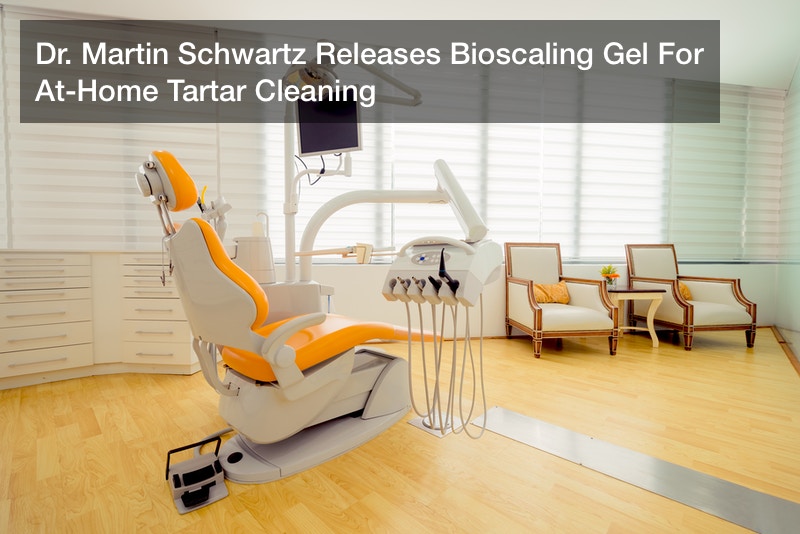
People might not always require dental care service. There are plenty of hacks that one can use while at home to improve their dental health. If you do not want to spend money visiting a dentist, you need to implement some of these tips. In some cases, you might still get dental health issues, no matter how well you take care of your teeth. When such happens, you have no choice other than visit the dentist. An individual should learn the best way to clean your teeth before dentist. Such would make it is for the dentist to identify the dental health issue disturbing you.
If you have crooked teeth, the chance of getting an infection is high. That is why you need the best toothbrush for crooked teeth. This toothbrush would remove all food remains in your teeth, thus improving your general health. If you tend to have regular dental health issues, it is important to have a dentist diagnose the problem’s root cause. Once the issue has been identified, medication would prevent it from reoccurring. A dentist would recommend the best way to get rid of plaque on your teeth to reduce your chances of having regular dental health issues.
People of all ages dread going to the dentist, but a new product from Dr. Martin Schwarz is making it possible for consumers to tackle a major oral health issue at home. Yahoo announced earlier this month that the German-based oral care brand is releasing Bioscaling, an antibacterial gel that tackles dental plaque and bad breath.
Dr. Martin Schwarz sees the revolutionary formula as a way for average consumers to carry out oral hygiene sessions on their own in the comfort of their bathrooms. The typical recommendation is that patients should go to the dentist for teeth cleaning and examination every six months. These check-ups help prevent oral problems like plaque build-up. However, patients may be able to avoid the usual professional dental scaling that gets rid of plaque if they use Bioscaling to improve their overall oral hygiene.
The unique antiseptic formula of Bioscaling includes the naturally occurring compound, microcrystalline sodium bicarbonate. This compound is thought to significantly decrease the number of harmful microorganisms.
By mitigating the amount of these microorganisms in a patient’s mouth, it will help remove dental plaque. As dental plaque turns into tartar within the first 24 to 72 hours, users of Bioscaling may also be able to aid in preventing tartar build-up that can lead to periodontal disease. With the gel, patients can also avoid the complex in-office dental procedures that remove tartar.
According to a spokesperson of Dr. Martin Schwarz, Dr. Matthias Berg, Bioscaling could help with several other oral health problems as well. When the gel removes the bacteria that form plaque, it will also be removing the same bacteria that often cause bad breath. It does this by liquidating the harmful bacteria and restoring the natural pH level of the oral cavity. The gel’s active ingredients also help remove biofilm from the teeth, which is essential in preventing tartar from forming.
All of these functions in one product help to make the process of dental scaling much more accessible to those who need it. With the average American having about $38,000 in debt, not including mortgages, a trip to the dentist for a pricey procedure to remove tartar isn’t always in the financial cards. Instead, consumers can avoid high co-pays and dental bills by using Bioscaling at home. Users can apply the gel to the teeth’s surface in a few ways, including with a sonic toothbrush, a manual brush, or mouth trays.

For those who are still interested in services a dentist’s office can provide, there have been recent strides in plaque-removal technology for in-office use.
A team of engineers, biologists, and dentists from the University of Pennsylvania developed a microscopic robotic cleaning crew to rid a patient’s mouth of plaque buildup without the traditionally uncomfortable dental scraping. Two types of robotic systems can give patients a complete cleaning, with one type working on the tooth’s surfaces and the other operating in the more confined spaces of the teeth.
Similar to Bioscaling, the teams of robots attack the biofilms that stick to a patient’s teeth. By effectively wiping biofilm off of the teeth, these little robots could be capable of reducing the risk of tooth decay, implant contamination, and endodontic infections.
Biofilm forms on both biological surfaces, such as teeth and joints, as well as objects. While these minuscule robots have the potential to contribute to the growing U.S. dental industry, which reached $135 billion in revenue in 2019, their potential application in the other fields is also significant. The recently developed robots can clean objects such as catheters and water pipes, removing the sticky matrix of biofilm that is often impervious to antimicrobial agents.
The researchers are just starting to work with other groups at the University of Pennsylvania to put the innovative technology into clinical action. However, this new way of removing plaque may still cost patients a pretty penny. As about 20% of Americans — including those with health insurance — have difficulty paying their medical bills, more consumers may be looking for an at-home solution to teeth cleaning. Mass reviews may not be in yet, but Bioscaling has the exciting potential to allow consumers to start taking their dental health into their own hands.
Related:
dr schwartz dental office, dr schwartz dentist nyc, nanuet dentist, prosthodontist baltimore, martin schwartzberg, rockland ny dentist, advanced dentistry of rockland, dentist on old court rd, martin schwartzberg dds, bergen rockland dental, jay schwartz new york, nanuet family dentistry nanuet ny, dentist in rockland county, pikesville dentist, schwartzberg, dr schwartz dds, dr schwartz dentist.



